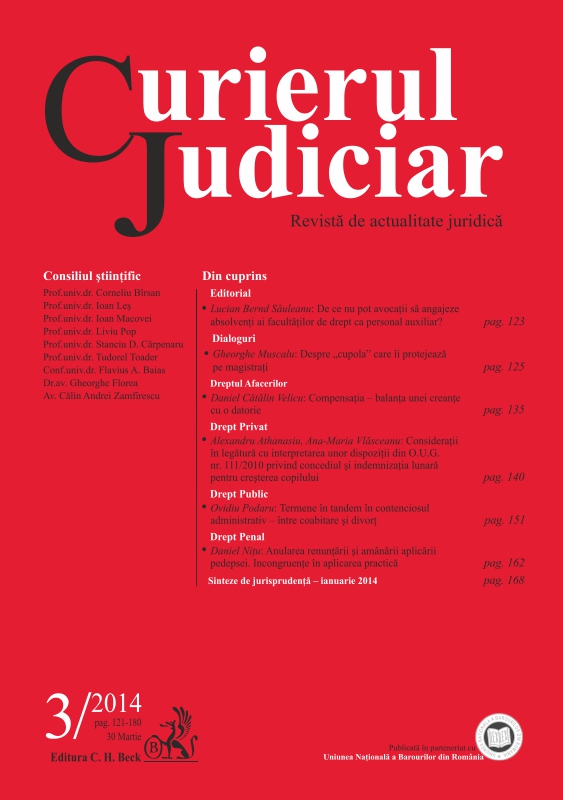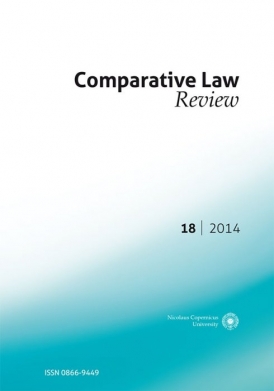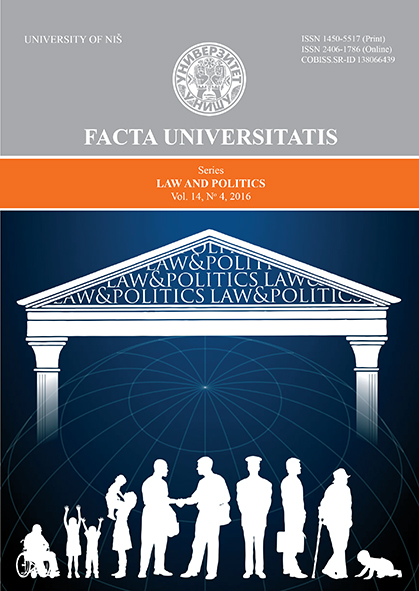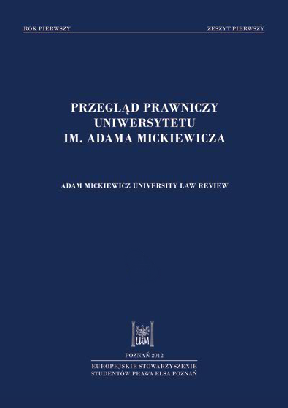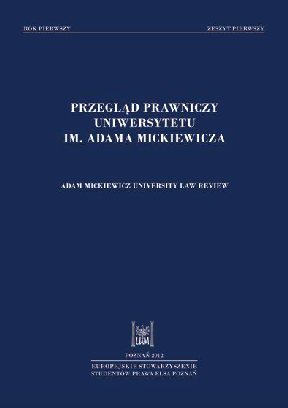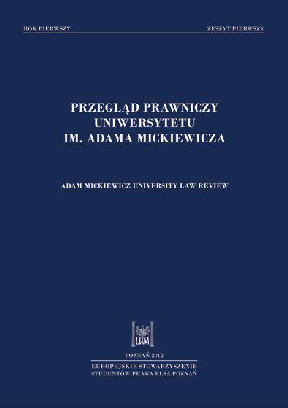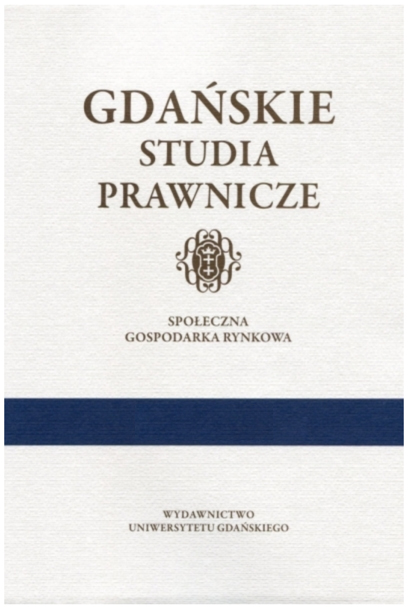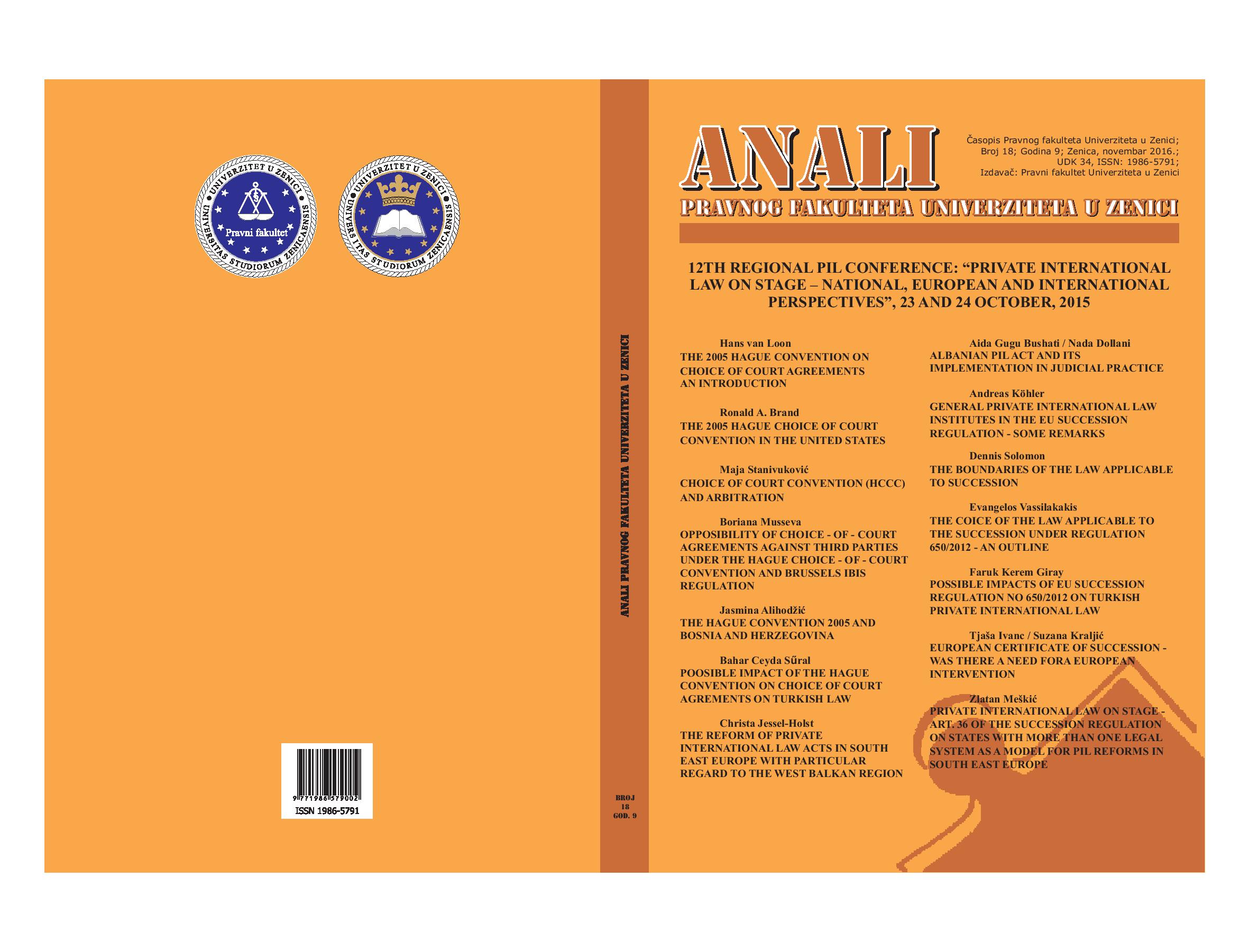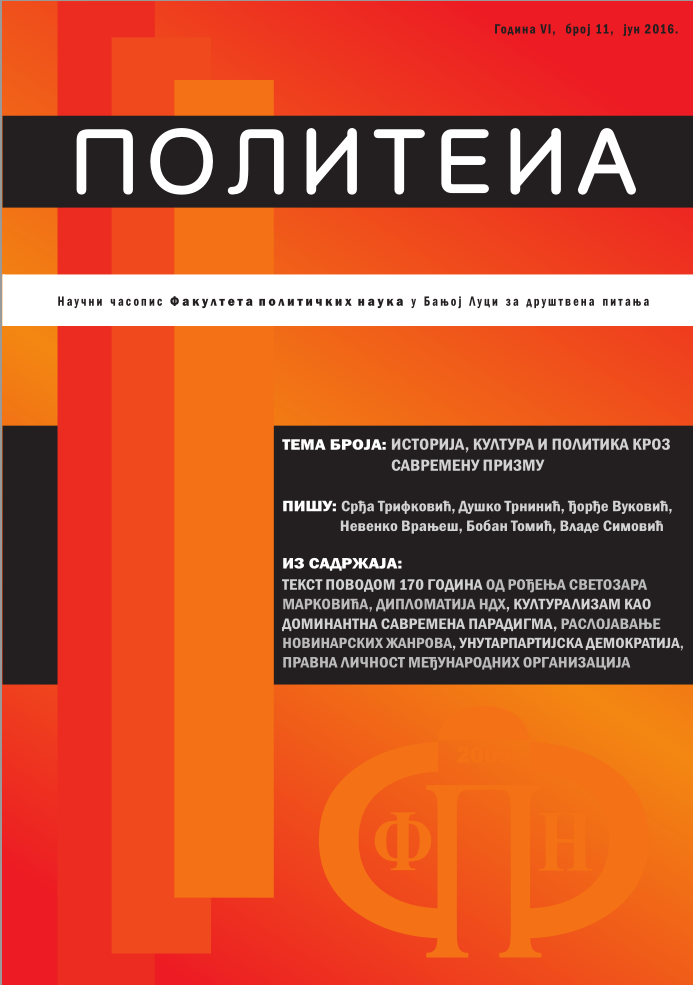Author(s): Vesna Knežević-Predić,Zoran Radivojević / Language(s): Serbian
Issue: 74/2016
The distinctive character of the European Union (EU) is indisputable. May it be denoted as a supranational or as a sui generis organization (which is a preferred designation of the European Court of Justice), it is considered to be the result of particular features pertaining to the competences, structure and decision makingprocess of the EU. It is a truism that other international intergovernmental organizations do share some or all of these features. Almost all of them have at least one institution which is obliged to act independently of the member states; at least some of their decisions are rendered by majority voting, at least some of which are legally binding. What makes the EU truly and genuinely a unique phenomenon in the field of inter-state organization is a strong and independent judicial system, established to “ensure that in the interpretation and application of this treaty the law is observed“. In effect, it implies establishing a strong and independent judicial system able to enforce the EU law against all those who are under its domain and, above all, to enforce it against the EU Member States.
In order to enable the European Court of Justice (the Court of Justice, the General Court and specialized courts) to perform this duty, the Court has been conferred a range of specific powers under the provisions of the Treaty on the European Union and the Treaty on the Functioning of the European Union in particular. The Court is empowered to declare that a Member State has failed to comply with its obligation under the Treaties. The founding fathers of the EU designed three different procedures leading to that effect. The first one has proved to be fairly effective; on the grounds of an action brought by the Commisson, it enables the Court to adjudge whether a Member State did comply with its obligations stemming from the EU law. The next one provides légitimation acctive for the other Member State but it has been very rarely used in the whole history of EU integration and can hardly be considered effective. The last one, possibly the most effective in terms of the accomplishment of the Court’s paramount goal, enables the Court to respond to questions referred to the Court by national courts about the effect of EU law in cases pending before the national courts. Having in mind that the procedure before the Court is just part of the litigation proceding pending in the national court, in this analysis we will set aside the preliminary ruling procedure and focus on the so-called direct actions: Commission v. Member state, and Member State v. Member State.
In this paper, we will also focus on Member State’s légitimation active versus EU institutions. The founding treaties provide for the procedures that enable Member States to initiate judicial review of the EU institution compliance with EU law. The action for annulment, the action for failure to act, and the claims relating to compensation for damage caused by the EU institutions or its civil servants in performance of their duties proved to be effective tools for keeping the EU institutions within the limits of competences coffered upon them by the Treaties. In view of the extensive legislative powers which the Treaties have vested in political institutions and given the fact that their scope has been a matter of great controversy, légitimation active of a Member State has proved to be an important element of a sophisticated and balanced system of judicial control.
More...
